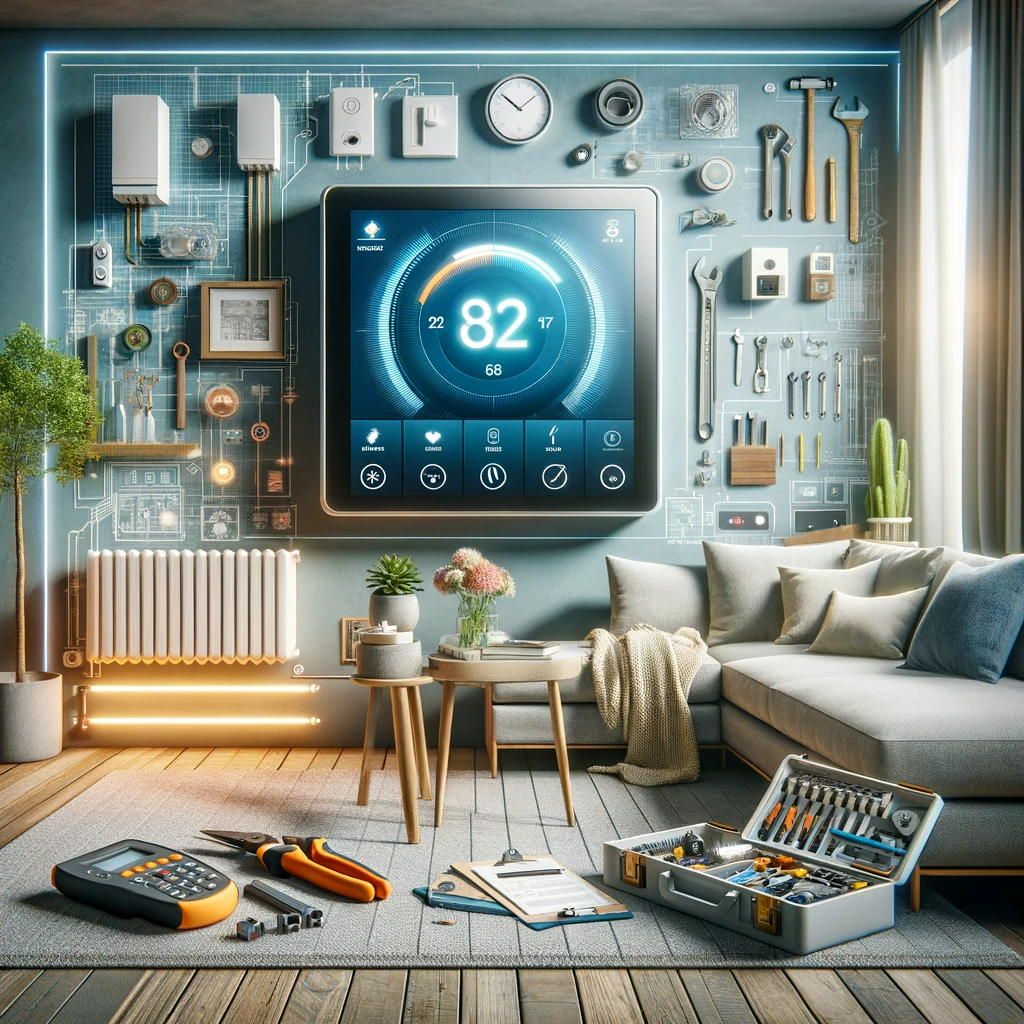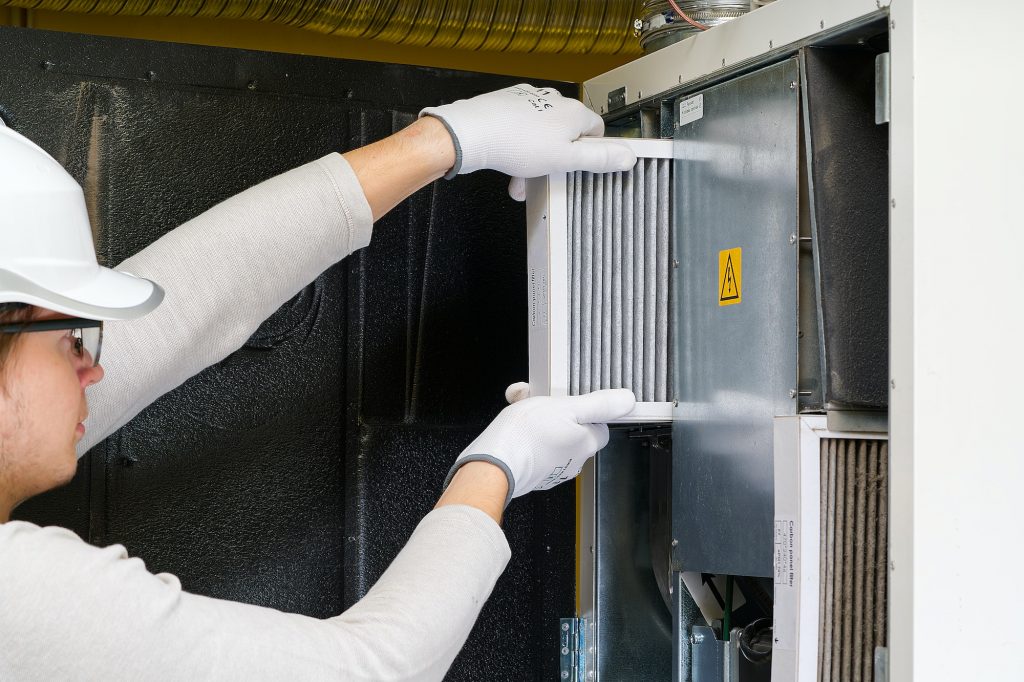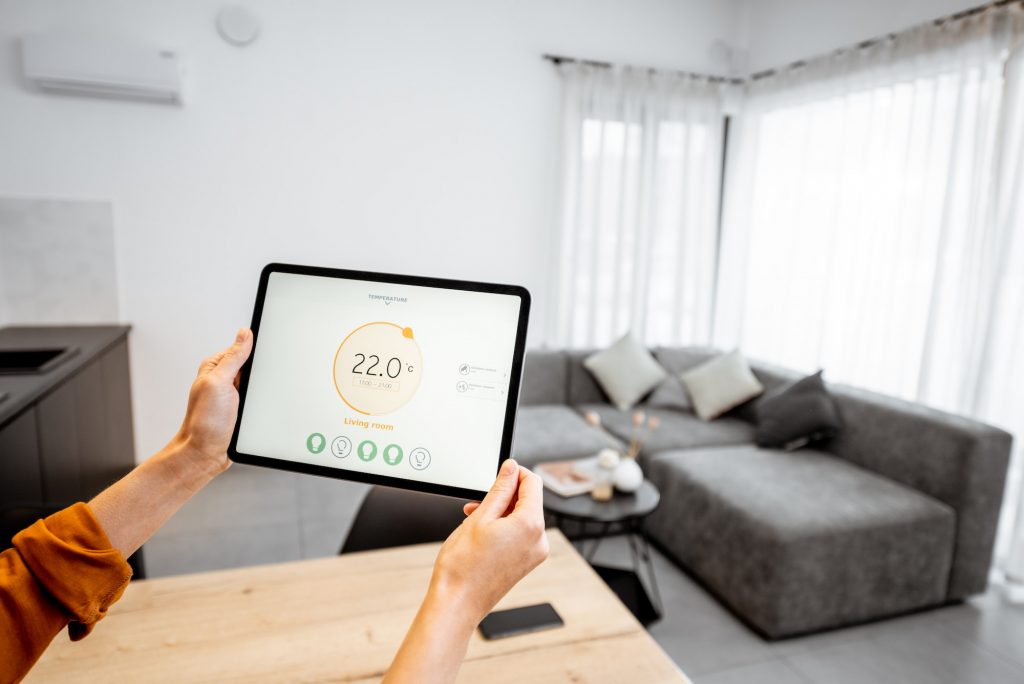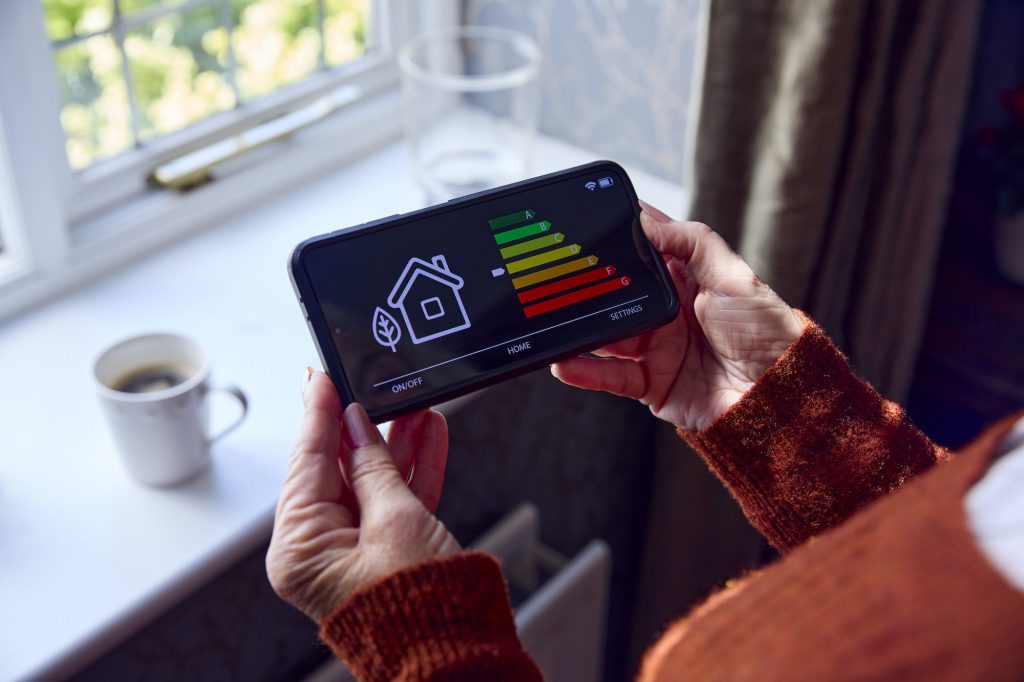Zoned Heating is a system of heating your home that allows you to control the temperature in different areas or zones. This means that you can set different temperatures in other parts of your home, depending on the specific needs of each site. By doing so, you can save energy and increase your comfort levels while also improving the value of your home.
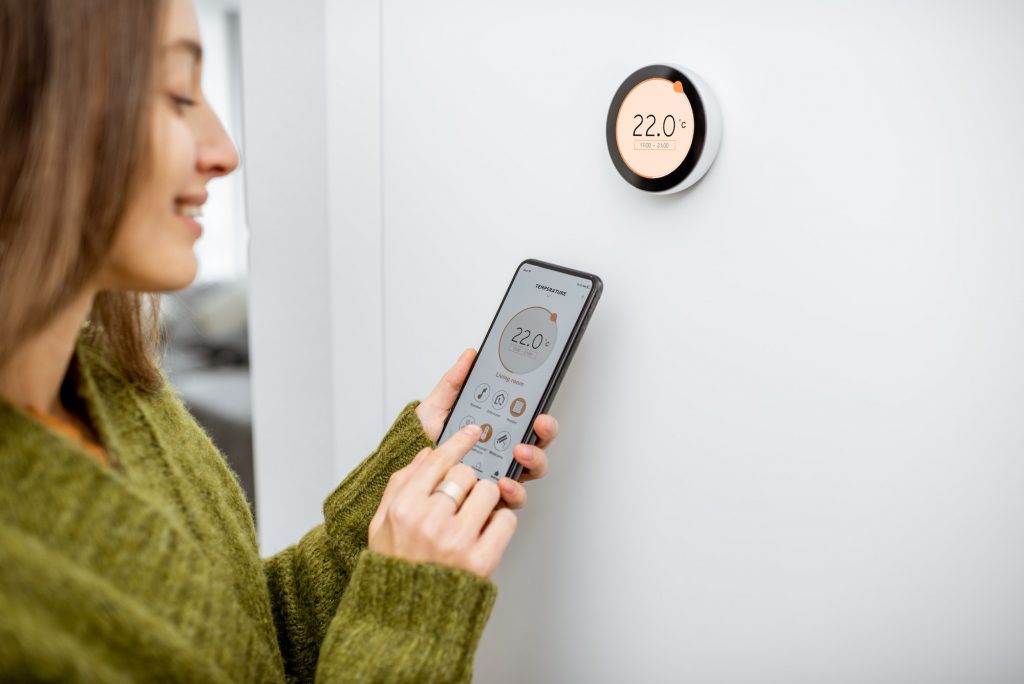
What is Zoned Heating
Zoned Heating is a heating system divided into different zones or areas within your home. Each zone has its own thermostat, allowing you to control the temperature in that area. This is done using dampers in the ductwork or separate heating units for each zone.
For example, you might want your bedroom to be more fantastic than your living room, so you can set the temperature in the bedroom to be lower than the temperature in the living room. This way, you will only be heating the areas of your home that you are using rather than heating the entire house to a single temperature.
The Benefits of Zoned Heating
There are many benefits to Zoned Heating, including:
Energy Efficiency
One of the most significant benefits of Zoned Heating is that it is much more energy-efficient than traditional heating systems. By only heating the areas of your home that you are using, you will save energy and money on your heating bills.
Improved Comfort
With Zoned Heating, you can set the temperature in each home area to your desired comfort level. This means you can be comfortable in every homeroom without sacrificing energy efficiency.
Increased Home Value
Zoned Heating can also increase the value of your home. A more efficient and comfortable heating system will make your home more attractive to potential buyers.
Better Indoor Air Quality
Zoned Heating can also help improve the indoor air quality in your home. By having separate heating units for each zone, you can better control the humidity levels in your home, which can help reduce allergens and other air pollutants.
Different Types of Zoned Heating Systems
There are several different types of Zoned Heating systems available, including:
Ducted Zoned Heating
Ducted Zoned Heating uses dampers in the ductwork to control airflow to each zone. This type of system is best for homes with an existing duct system, as it requires minimal modification to the existing ductwork.
Ductless Zoned Heating
Ductless Zoned Heating uses separate heating units for each zone. These units are installed in each room and are connected to a single outdoor unit. This type of system is ideal for homes without an existing duct system or for adding heating to an addition or remodel.
Hydronic Zoned Heating
Hydronic Zoned Heating uses hot water to heat your home. This type of system is best for homes with a boiler, as it requires minimal modifications to your existing heating system.
How to Determine if Zoned Heating is Right for Your Home
When considering Zoned Heating for your home, there are several factors to consider, including:
Energy Efficiency
Consider the energy efficiency of your current heating system and compare it to the energy efficiency of a Zoned Heating system. This will help you determine if Zoned Heating is suitable for your home.
Floor Plan
Your floor plan will also play a role in determining if Zoned Heating is suitable for your home. Consider your home’s layout and each room’s specific needs when deciding if Zoned Heating is a good fit.
Home Insulation
The insulation in your home can also impact the effectiveness of Zoned Heating. Consider the insulation in your home and the R-value of your walls, windows, and roof when deciding if Zoned Heating suits you.
How to Implement Zoned Heating in Your Home
If you have determined that Zoned Heating is suitable for your home, you have two options for implementation: hiring a professional or DIY installation.
Step-by-Step Guide
If you hire a professional, they will guide you through the process and handle the installation. They will also provide a step-by-step guide on using and maintaining your new Zoned Heating system.
Hiring a Professional
Hiring a professional to install your Zoned Heating system is the best option if you are uncomfortable with DIY projects or have a complex floor plan. A professional will ensure that your system is installed correctly and working efficiently.
DIY Installation
If you are comfortable with DIY projects and have a simple floor plan, you may be able to install your Zoned Heating system. Many online resources and tutorials are available to help you with the installation process.
Maintenance and Upkeep of Zoned Heating Systems
Regular maintenance is essential for the longevity and efficiency of your Zoned Heating system. This can include cleaning the air filters, checking the ductwork for leaks, and ensuring the dampers function correctly.
Cost of Zoned Heating
The cost of Zoned Heating will vary based on the type of system you choose and the size of your home. On average, the initial cost of Zoned Heating can range from $2,000 to $10,000, while ongoing costs will depend on your energy bills.
However, the cost savings from using a Zoned Heating system can offset the initial cost over time. By only heating the areas of your home that you are using, you can save on your energy bills and reduce your carbon footprint.
Frequently Asked Questions
Here are some frequently asked questions about Zoned Heating:
How much does it cost to install Zoned Heating?
The cost of installing Zoned Heating will vary based on the type of system you choose and the size of your home. On average, the initial fee can range from $2,000 to $10,000.
How long does it take to install Zoned Heating?
The time it takes to install Zoned Heating will vary based on the type of system you choose and the size of your home. On average, installing a Zoned Heating system can take a few days to a few weeks.
Can I install Zoned Heating myself?
If you are comfortable with DIY projects and have a simple floor plan, you may be able to install your Zoned Heating system. However, hiring a professional for a complex floor plan or if you are not comfortable with DIY projects is recommended.
How much money can I save with Zoned Heating?
The amount of money you can save with Zoned Heating will depend on the size of your home, the type of system you choose, and your energy usage. On average, homeowners can save up to 30% on their energy bills with Zoned Heating.
What is the lifespan of Zoned Heating Systems?
The lifespan of a Zoned Heating system will depend on the type of system you choose and how well it is maintained. A Zoned Heating system can last between 15 and 20 years with proper maintenance.
Conclusion
In conclusion, Zoned Heating offers many benefits, including increased energy efficiency, comfort, home value, and indoor air quality. With the different Zoned Heating systems available, it is essential to determine if Zoned Heating is suitable for your home and consider the cost and maintenance involved. By correctly maintaining your Zoned Heating system, you can enjoy its benefits for years.
So, if you want to upgrade your home’s heating system and improve your comfort and energy efficiency, consider investing in Zoned Heating. Whether you hire a professional or tackle the installation yourself, the result will be a more comfortable and efficient home.
In the end, it’s all about finding the right solution that works best for you and your family. So, take the time to research, consider all your options, and make an informed decision that will benefit you in the long run.
And if you have any other questions or concerns, don’t hesitate to contact a heating and cooling professional. They will be able to provide you with the information and guidance you need to make the best decision for your home.


